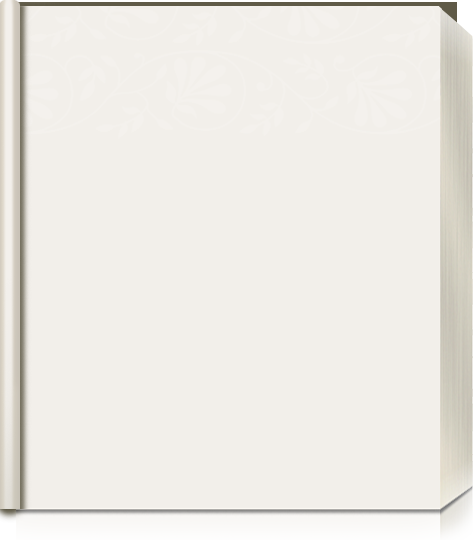

Site content © Roopa Farooki 2014

and came back gleaming and pressed, with no blurring or fading of shades. She was black and she was white. Boys were either bad boys or good boys. And the only good boys were invisible ones. Sons were a horrible inconvenience to her, I imagine. Made of slugs and snails and puppy dogs’ tails, and nothing in our infant behaviour proved otherwise. She probably resented the fact that she needed to have us, Jakie and I, for her social standing, the spare and heir to be pounded firmly into their father, and so she crushed us like pungent chilli paste with a pestle, as though it were just another domestic duty.
Daughters were different altogether; girls were about indulgence and enjoyment; they were bred to be decorative and helpful, living dolls and housekeepers, and would one day be married off to men of means with movie star looks and letters after their names, and live their lives as light as birds in flight, indulging their own daughters. She nicknamed our sisters after the movie stars: Maryam, the elder, became Mae; little Leena, the younger, became Lana. She had no choice over our names, as Jakie and I had to be named for grandfathers, Sulaman and Jamal Kamal, in accordance with family tradition.
I wonder sometimes what she would have called me if she’d been allowed to choose. I wonder if she would have loved me a little more if she’d been indulged in this small matter. Perhaps she’d have been kinder to a son named Farid for Fred Astaire, or Daniyaal for Danny Kaye. I wouldn’t have minded.
She could have called me Clark, Gene, Bing, Cary, Rock or Bob.
Any of these funny foreign names, short and shouting as brands in a boutique, unlikely nouns and verbs mislaid in neon on movie theatre canopies, would have been better than SOS, that plaintive cry for help. Or Sully, to smear and dishonour; to screw things up.
Daughters were different altogether; girls were about indulgence and enjoyment; they were bred to be decorative and helpful, living dolls and housekeepers, and would one day be married off to men of means with movie star looks and letters after their names, and live their lives as light as birds in flight, indulging their own daughters. She nicknamed our sisters after the movie stars: Maryam, the elder, became Mae; little Leena, the younger, became Lana. She had no choice over our names, as Jakie and I had to be named for grandfathers, Sulaman and Jamal Kamal, in accordance with family tradition.
I wonder sometimes what she would have called me if she’d been allowed to choose. I wonder if she would have loved me a little more if she’d been indulged in this small matter. Perhaps she’d have been kinder to a son named Farid for Fred Astaire, or Daniyaal for Danny Kaye. I wouldn’t have minded.
She could have called me Clark, Gene, Bing, Cary, Rock or Bob.
Any of these funny foreign names, short and shouting as brands in a boutique, unlikely nouns and verbs mislaid in neon on movie theatre canopies, would have been better than SOS, that plaintive cry for help. Or Sully, to smear and dishonour; to screw things up.